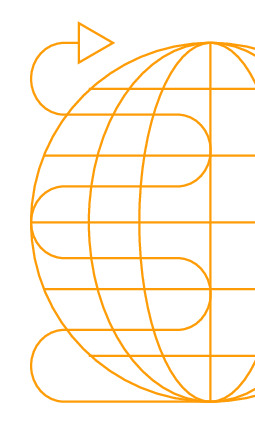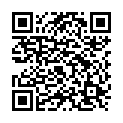|
|
|
| Module code: BITM-252 |
|
|
2VU (2 hours per week) |
|
2,5 |
| Semester: 2 |
| Mandatory course: yes |
Language of instruction:
English |
Assessment:
Written exam (90 minutes / Can be repeated semesterly)
[updated 14.11.2022]
|
BITM-252 (P440-0104) International Tourism-Management, Bachelor, ASPO 01.10.2020
, semester 2, mandatory course
|
30 class hours (= 22.5 clock hours) over a 15-week period.
The total student study time is 75 hours (equivalent to 2.5 ECTS credits).
There are therefore 52.5 hours available for class preparation and follow-up work and exam preparation.
|
Recommended prerequisites (modules):
None.
|
Recommended as prerequisite for:
|
Module coordinator:
Prof. Dr. Thomas Tinnefeld |
Lecturer:
Dozierende des Studiengangs
[updated 26.03.2021]
|
Learning outcomes:
After successfully completing this module, students will be able to:
- apply advanced reading comprehension techniques
- read longer written texts in foreign languages with economic or tourist content and decode the points of view expressed in them - with regard to both global and detailed comprehension.
- acquire vocabulary relevant to business and tourism and then use it productively in their own spoken and written texts
- deal with the intercultural peculiarities of the target language countries in-depth
- apply and implement their intercultural skills in a considerable range of concrete situations with representatives of these cultures in a communicative and adequate manner
- comprehend relevant spoken and written text types in business English and understand concrete examples
[updated 14.11.2022]
|
Module content:
Exercises for (subject-oriented) reading comprehension
In-depth examination of economic (tourism) business issues
Professionally relevant topics will be dealt with in order to improve reading comprehension
Professionally relevant written texts will be discussed
Selected grammatical subtleties relevant to professional jargon
Continued improvement and expansion of technical vocabulary
[updated 14.11.2022]
|
Teaching methods/Media:
Use of a multimedia computer language laboratory
Use of a wide range of multimedia: Television and video,
radio, press, computer-based interactivity
Partner work, group work and role playing
Presentations and short talks by students
Presentations by the lecturer
Discussions
Internet research
The goal is to enable authentic foreign language communication within the teaching environment.
[updated 14.11.2022]
|
Recommended or required reading:
Target group-oriented teaching materials compiled by the lecturer
Business related articles from renowned newspapers and magazines from the target language countries
Individually tailored vocabulary and grammar exercises for the target audience
Internet resources
[updated 14.11.2022]
|


